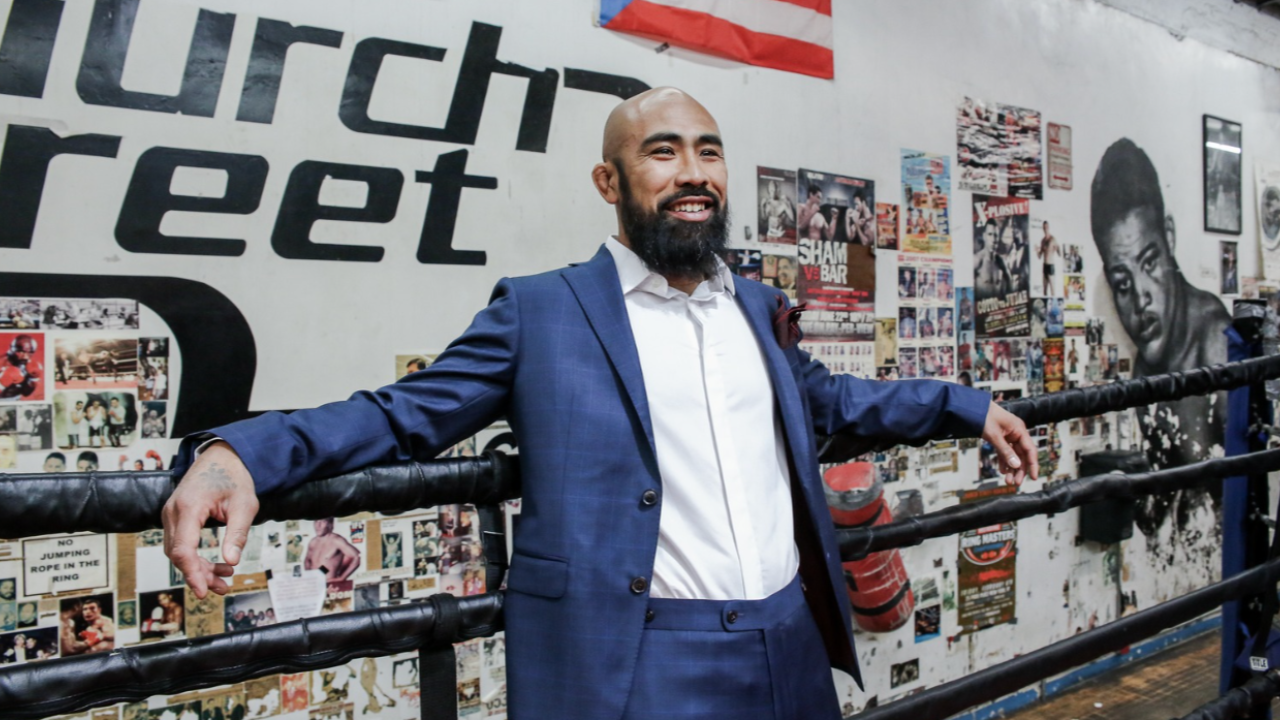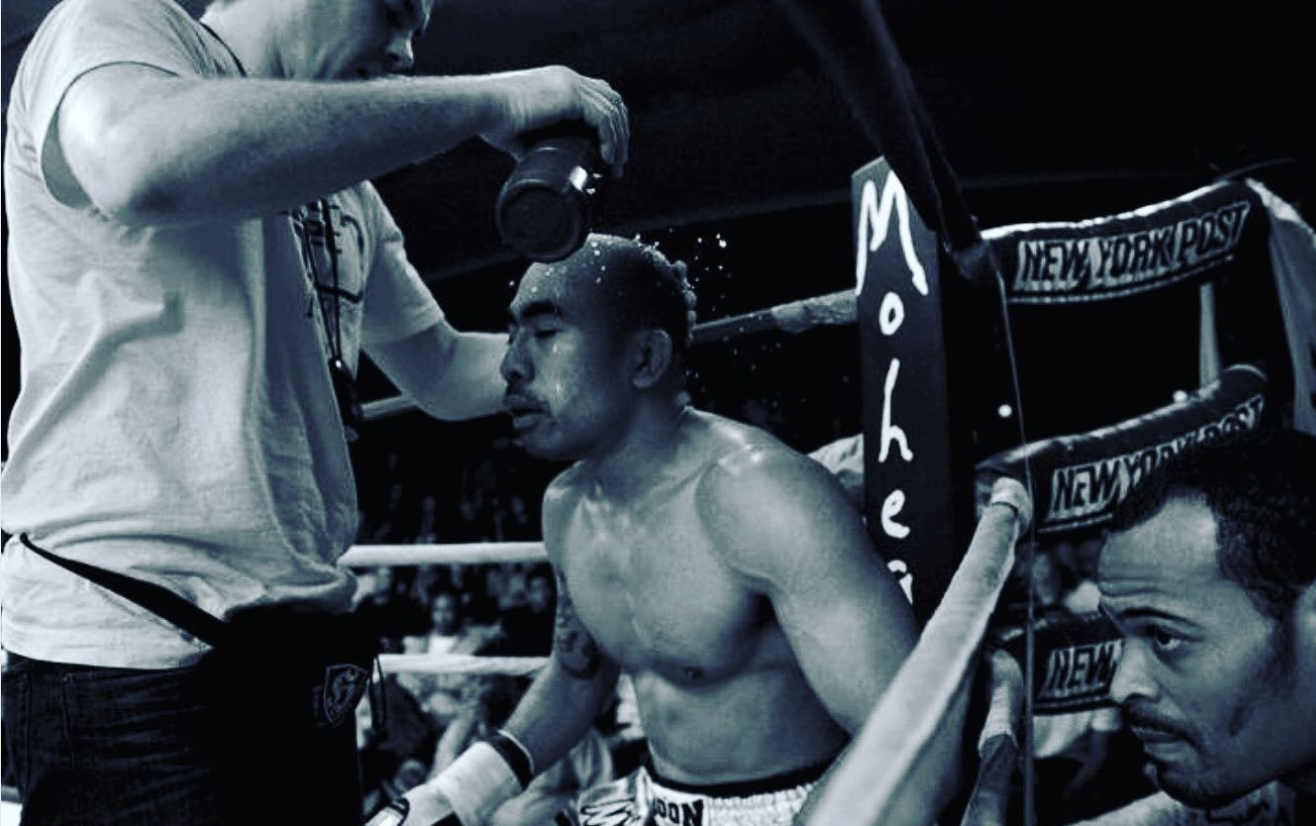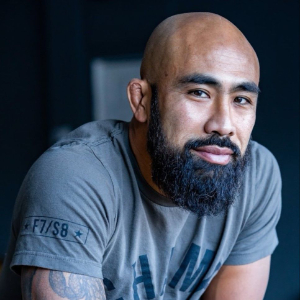What Muay Thai Taught Me About Sales & Mastery
May 01, 2025
Bruce Lee once said:
“I fear not the man who has practiced 10,000 kicks once, but I fear the man who has practiced one kick 10,000 times.”
In Muay Thai, mastery comes from repetition. Champions drill the same technique over and over—not until they get it right, but until they can’t get it wrong. It’s about building muscle memory so that when the moment comes, you don’t think—you react.
Sales works the same way.
Great salespeople don’t just wing it. They don’t wait for a pitch to fall into place or for objections to magically disappear. They train their skills, refine their responses, and develop instincts—so when the conversation gets tough, they already know how to handle it.
Over the years, I’ve realized that the same principles that build a champion also make a great salesperson. Whether you’re in the ring or in a high-stakes deal, four key lessons hold true:
1. Mastery is Repetition—In Sales and in Fighting
I remember training for my fifth professional fight. I was stepping up in competition, facing an undefeated fighter from a well-known gym in Canada.
During camp, I drilled a specific technique: Catch, Wrench, Kick. Over and over. With sparring partners, on the bag, shadowboxing—I even visualized it when I wasn’t in the gym.
Come fight night, in Round 1, I took my time, feeling out my opponent’s skills. Then, without thinking, the opportunity presented itself. He threw a body kick—I caught it, wrenched, and fired a counter that landed clean.
Fight over.
The move wasn’t luck. It wasn’t something I figured out in the moment. It was repetition.
The same goes for sales. You don’t just practice a pitch once and expect to close deals. You refine it. You handle objections until you know exactly what to say before the words even leave the client’s mouth.
Success isn’t about knowing—it’s about ingraining.
Data Insight: Continuous training leads to a 50% increase in net sales per employee, highlighting the direct link between ongoing learning and sales outcomes. (Source-Salesforce)

2. You Won’t Win Every Round—But You Adjust & Keep Going
Even champions get hit. Even the greatest salespeople hear “no”.
Walking into a fight thinking you won’t take a punch is unrealistic.
Walking into a sales pitch thinking you won’t face pushback, hesitation, or rejection is just as naive.
A boxer might lose a round, but that doesn’t mean they’ve lost the fight. There’s always a puncher’s chance—as long as you’re still in the game, you have a shot to win.
Same in sales. Rejection is part of the sport. But too many people let one bad call, one tough conversation, or one failed pitch throw them off their entire game. Instead of making adjustments, they fold.
Champions don’t fold.
Data Insight: Sales training can boost an individual rep's sales performance by an average of 20 percent. (Source Close)
3. The Toughest Conversations = The Toughest Sparring Sessions
I’ve had my fair share of brutal sparring sessions, but one guy stands out—Flaco.
At the time, I was a rogue Muay Thai boxer. No coach, no training partners.
He was a Western boxer with serious hands, and I knew my punching needed work, so we paired up.
I got wrecked.
At one point, a coach watching from the side actually looked away—he couldn’t stand to watch me get beaten up.
I walked away battered, bruised, and confused.
But I came back. I kept sparring, I kept working, and I learned how to adjust under pressure.
Sales conversations can feel just like that sparring session.
You’ll meet prospects who are tough, skeptical, or resistant. Some will enjoy making things difficult, even if they don’t realize it. But you can either see that conversation as a lost cause or a lesson learned.
Tough conversations force you to sharpen your technique, refine your messaging, and build resilience.
You gain experience right after you needed it.
Data Insight: Within 30 days of a training event, 79% of what people have been taught is forgotten. This displays the importance of continuous reinforcement and practice. (Source Richardson)
4. Reading & Reacting—Anticipation Wins Fights and Closes Deals
Champions don't react—they anticipate. They read their opponent’s movements, pick up on patterns, and adjust their strategy in real time.
Sales professionals need to do the same thing. You can’t just wait for a client to bring up objections—you need to be proactive and prepared.
If you study your opponent, you know their strengths, weaknesses, and tendencies. You establish a game plan before stepping into the ring.
If you study your client, you understand their pain points, potential hesitations, and decision-making process before the conversation even starts.
Champions don’t rely on luck—they prepare, adapt, and execute. Preparation wins battles. In the ring and in sales.
Data Insight: Salespeople who receive consistent training and use their company's methodology attain quota 73% of the time. (Source Close)
Final Takeaway: Train for the Fight Before You Step Into the Ring
Mastery comes from repetition. Sales reps and fighters drill the same skills until they can’t get them wrong.
You won’t win every round, but you keep going. Rejection is part of the game—you adjust, not quit.
Tough conversations make you better. Some sales calls will leave you stunned. Good. Learn from them.
The best don’t react, they anticipate. Read your opponent. Read your client. Know what’s coming before it happens.
The fight isn’t won in the ring—it’s won in training.
Ready to build resilience in sales and beyond? Download my free Resilience Report and start training like a champion. 👉 Get the Resilience Report

